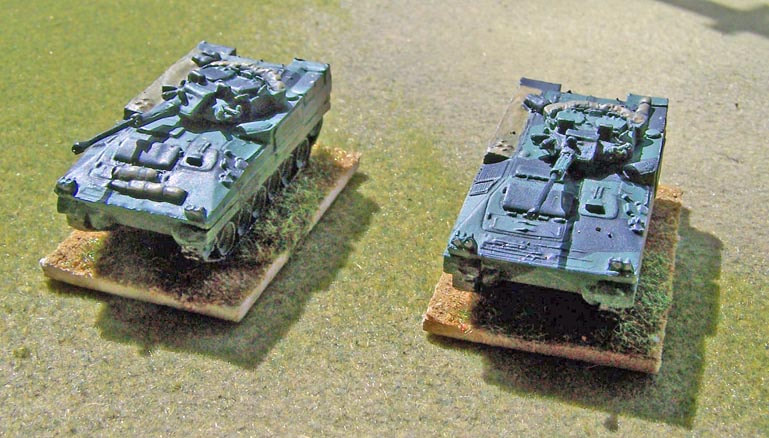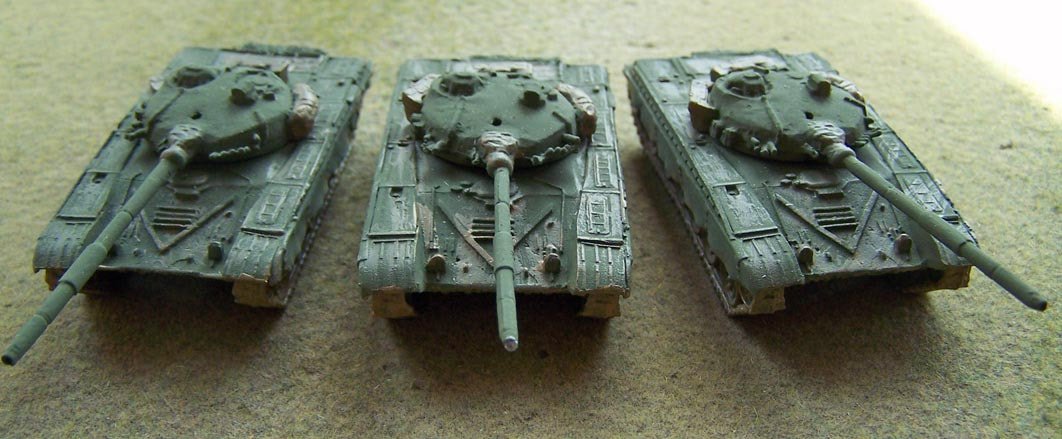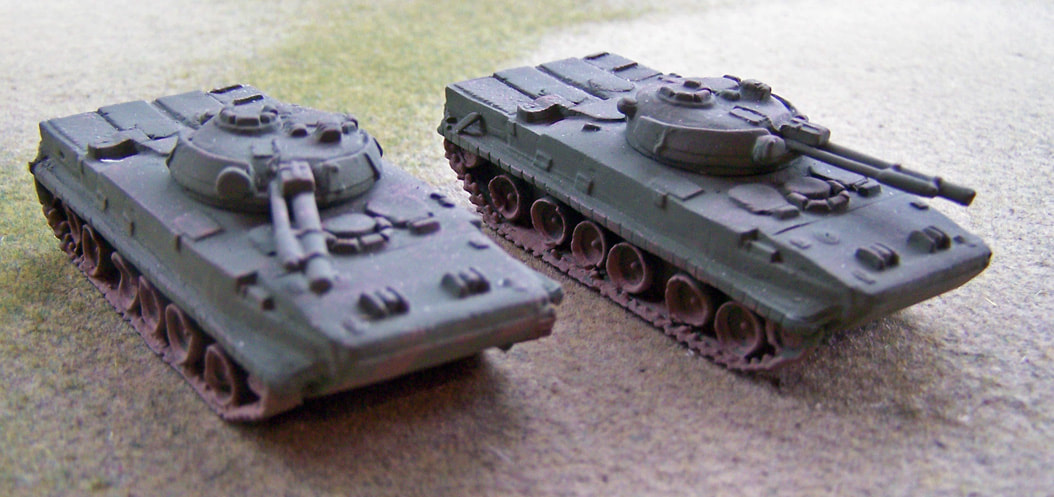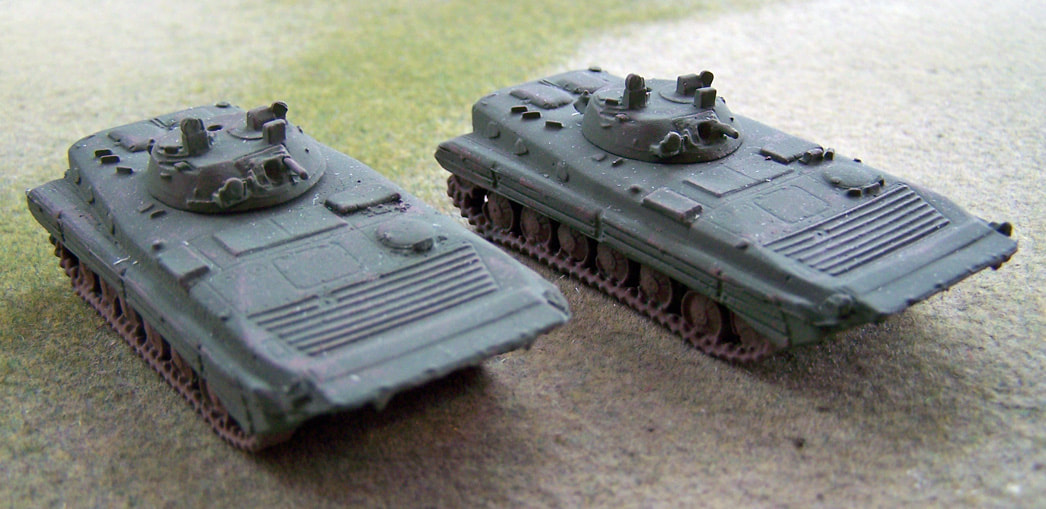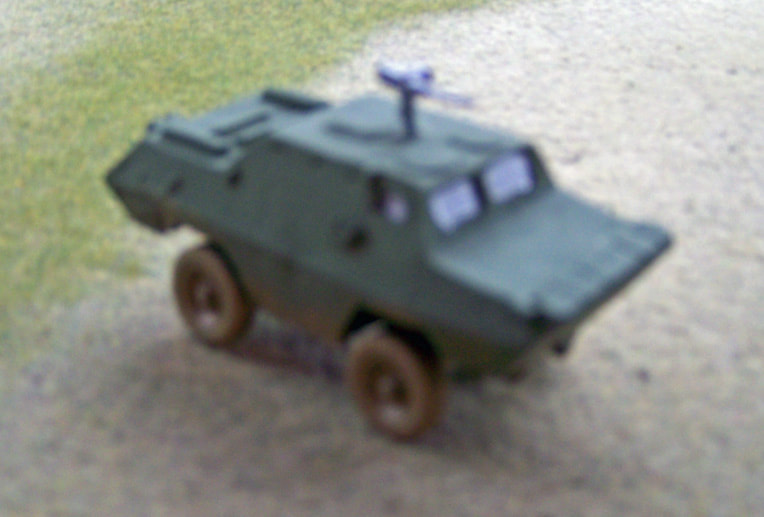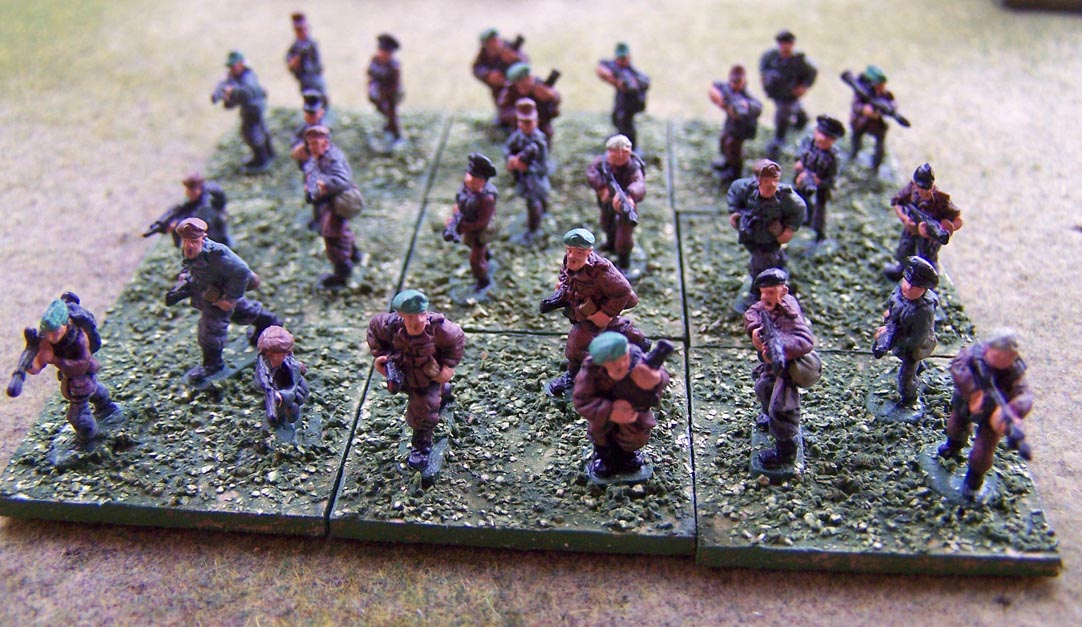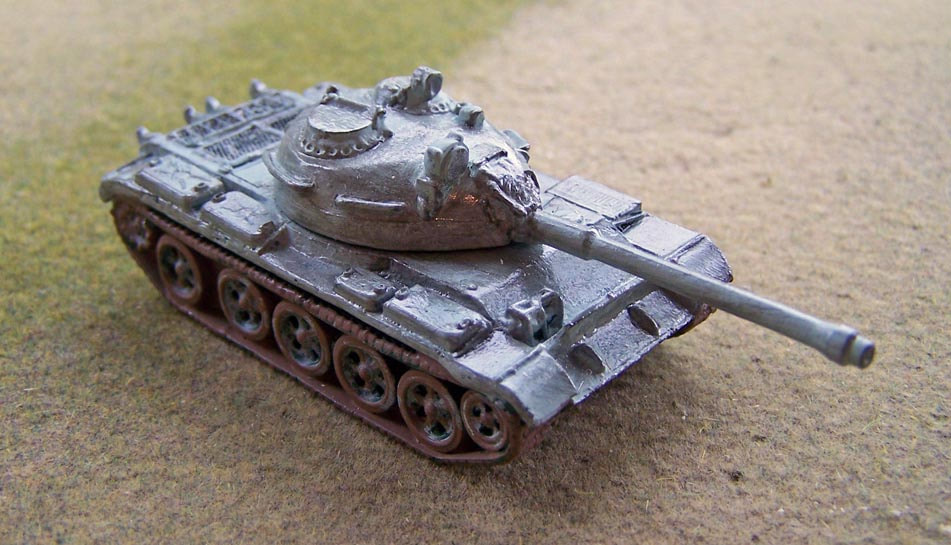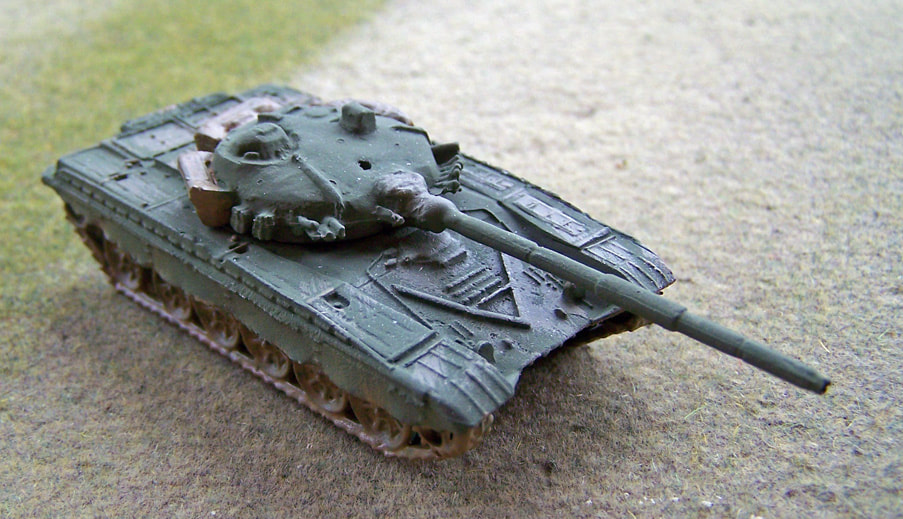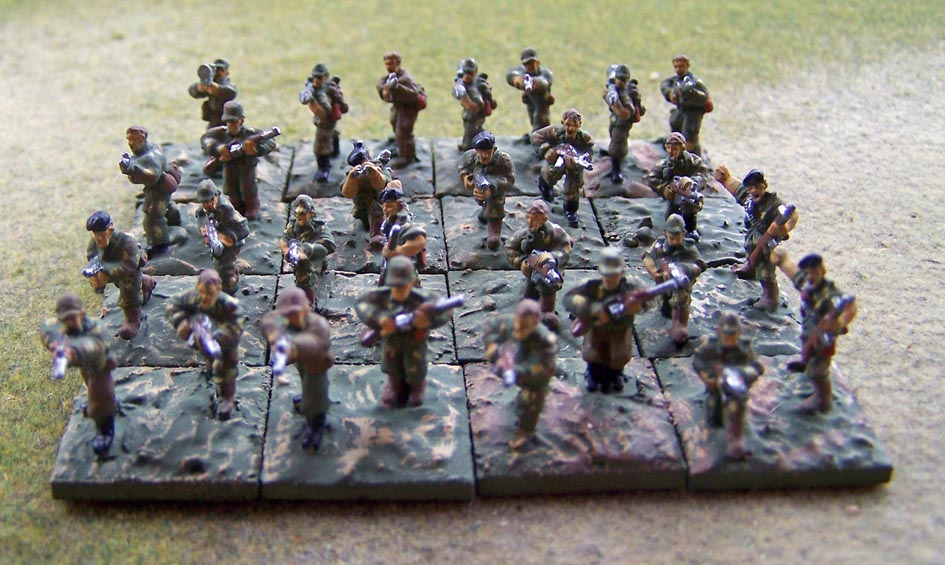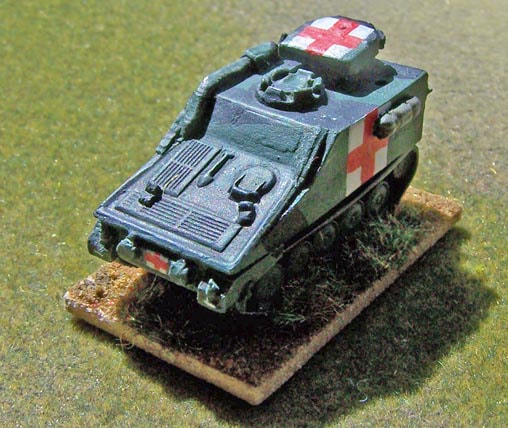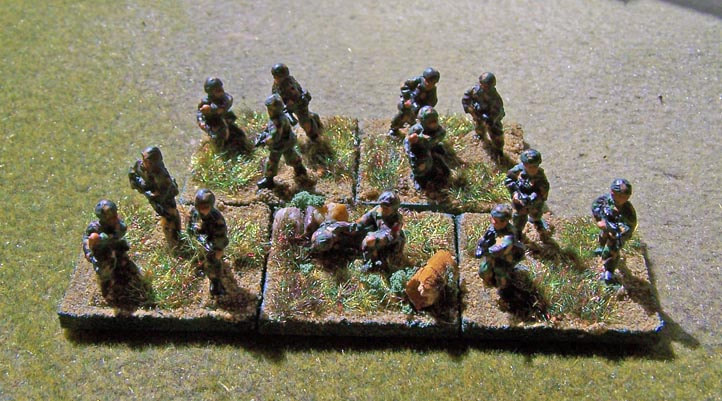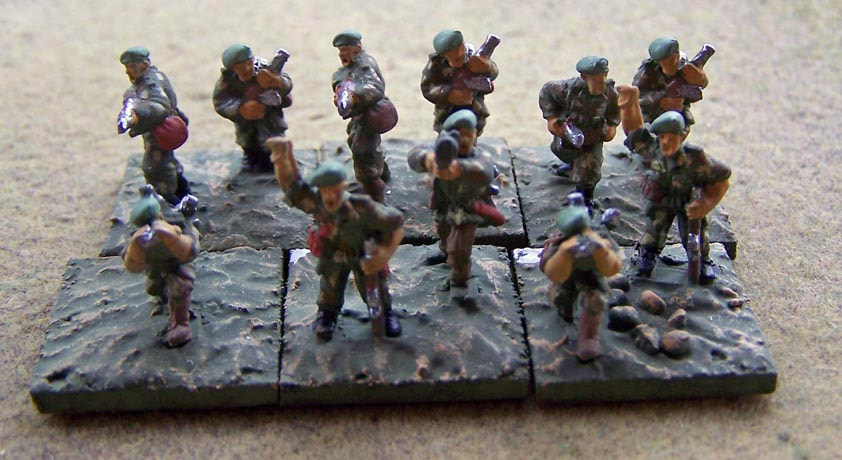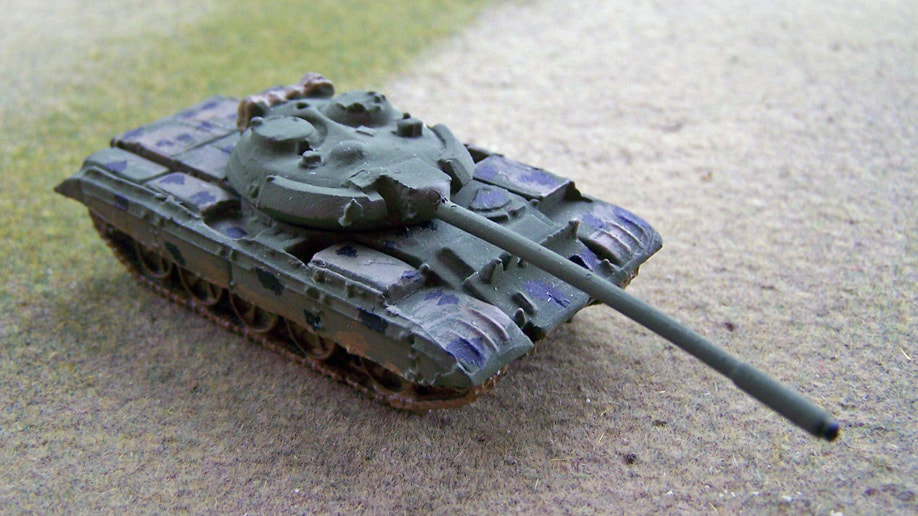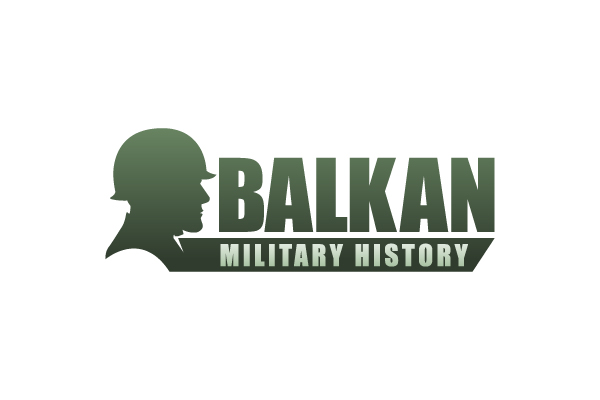- Home
- About
-
Travel
-
Features
- Dyrrachion1081
- Normans in the Balkans
- Manolada 1316
- Kosovo 1389
- Castles on the Danube
- Late Medieval Bosnian Army
- Doboj 1415
- Wallachian and Moldovan troops of the Napoleonic wars
- Anchialos 917
- Slovenian Borderlands
- The Zadruga and the Military Border
- Cretan War in the Adriatic
- Salonika 1916
- Uskoks of Senj
- Siege of Klis 1537
- Eugene in the Balkans
- Moldavian Surprise 1711
- Austro-Turkish War 1737-9
- Militargrenze
- Invading Ottoman Turkey
- Siege of Ragusa 1814
- Russo-Turkish War 1806-12
- Serbian Uprising 1815
- Ali Pasha
- Ottoman Army 1826
- Aleksinac 1876
- Shipka Pass
- Slivnitsa 1885
- Romanian Army 1878
- Austrian forts 19thC
- Kumanovo 1912
- Catalca Lines
- Adrianople 1912-13
- Kajmakcalan 1916
- The other 1918 campaign
- Macedonia air war WW1
- War of the Stray Dog
- Royal Yugoslavian armed forces
- Blunder in the Mountains
- Romanian SS
- Gebirgsjager in the Balkans
- Knights Move 1944
- Vis during WW2
- HLI in the Adriatic
- Adriatic Cruel Seas
- Dalmatian Bridgehead
- Cyprus 1974
- Transnistrian War
- Ottoman Navy Napoleonic wars
- Medieval Balkans
- Balkan lockdown quiz >
- Reviews
-
Armies
- Ancient Greeks
- Pyrrhic army of Epirus
- Dacian wars
- Goths
- Late Roman
- Comnenan Byzantine Army
- Normans
- Serbian medieval
- Albanian medieval
- Wallachian medieval
- Bosnian Medieval
- Catalan Company
- Polish 17C
- Austrian Imperialist
- Ottoman
- Austrian 18thC
- Russian Early 18thC
- Ottoman Napoleonic
- Greek Revolution
- 1848 Hungarian Revolution
- Russian Crimean war
- Romanian Army of 1877
- Ottoman 1877
- Russian 1877
- Balkan Wars 1912-13
- Macedonia WW1
- Greece WW2
- Italian Army WW2
- Gebirgsjager WW2
- Hungary WW2
- Turkey WW2
- Soviet Union WW2
- Bulgaria WW2
- Turkish Korean War Brigade
- Balkan Wars 1990s
- Links
- Books
1990s Balkan conflicts
There were a number of conflicts in the former Yugoslavia in the 1990's.
The Bosnian War, was an international armed conflict that took place between March 1992 and November 1995. The war involved Bosnia and the Federal Republic of Yugoslavia (later Serbia and Montenegro) as well as Croatia. Serbia gave military and financial support to Serb forces which consisted of the Yugoslav People's Army, the Army of Republika Srpska, the Serbian Ministry of the Interior, the Ministry of the Interior of Republika Srpska and Serb Territorial Defense Forces. Croatia gave military support to Croat forces of the self-proclaimed Croatian Community of Herzeg-Bosnia. Bosnian government forces were led by the Army of the Republic of Bosnia and Herzegovina.
The involvement of NATO, during the 1995 Operation Deliberate Force against the positions of the Army of Republika Srpska internationalized the conflict, but only in its final stages.The war was brought to an end after the signing of the General Framework Agreement for Peace in Bosnia and Herzegovina in Paris on 14 December 1995. Peace negotiations were finalized on 21 December 1995. The accords are known as the Dayton Agreement.
Despite this agreement the situation in Kosovo remained largely unaddressed and by 1996 the Kosovo Liberation Army (KLA), had started offering armed resistance to Serbian security forces, resulting in early stages of the Kosovo War. By 1998, as the violence had worsened and displaced scores of Albanians, Western interest had increased. The Serbian authorities were compelled to sign a ceasefire and partial retreat, monitored by OSCE observers according to an agreement negotiated by Richard Holbrooke. However, the ceasefire did not hold and fighting resumed in December 1998. The Račak massacre in January 1999 in particular brought new international attention to the conflict.Within weeks, a multilateral international conference was convened and by March had prepared a draft agreement known as the Rambouillet Accords, calling for restoration of Kosovo's autonomy and deployment of NATO forces. The Serbs found the terms unacceptable and refused to sign the draft.Between March 24 and June 10, 1999, NATO intervened by bombing Yugoslavia aimed to force Milošević to withdraw his forces from Kosovo. Ultimately by June Milošević had agreed to a foreign military presence within Kosovo and withdrawal of his troops.
The figures below are 15mm from a number of ranges including Skytrex, QRF and Peter Pig.
The Bosnian War, was an international armed conflict that took place between March 1992 and November 1995. The war involved Bosnia and the Federal Republic of Yugoslavia (later Serbia and Montenegro) as well as Croatia. Serbia gave military and financial support to Serb forces which consisted of the Yugoslav People's Army, the Army of Republika Srpska, the Serbian Ministry of the Interior, the Ministry of the Interior of Republika Srpska and Serb Territorial Defense Forces. Croatia gave military support to Croat forces of the self-proclaimed Croatian Community of Herzeg-Bosnia. Bosnian government forces were led by the Army of the Republic of Bosnia and Herzegovina.
The involvement of NATO, during the 1995 Operation Deliberate Force against the positions of the Army of Republika Srpska internationalized the conflict, but only in its final stages.The war was brought to an end after the signing of the General Framework Agreement for Peace in Bosnia and Herzegovina in Paris on 14 December 1995. Peace negotiations were finalized on 21 December 1995. The accords are known as the Dayton Agreement.
Despite this agreement the situation in Kosovo remained largely unaddressed and by 1996 the Kosovo Liberation Army (KLA), had started offering armed resistance to Serbian security forces, resulting in early stages of the Kosovo War. By 1998, as the violence had worsened and displaced scores of Albanians, Western interest had increased. The Serbian authorities were compelled to sign a ceasefire and partial retreat, monitored by OSCE observers according to an agreement negotiated by Richard Holbrooke. However, the ceasefire did not hold and fighting resumed in December 1998. The Račak massacre in January 1999 in particular brought new international attention to the conflict.Within weeks, a multilateral international conference was convened and by March had prepared a draft agreement known as the Rambouillet Accords, calling for restoration of Kosovo's autonomy and deployment of NATO forces. The Serbs found the terms unacceptable and refused to sign the draft.Between March 24 and June 10, 1999, NATO intervened by bombing Yugoslavia aimed to force Milošević to withdraw his forces from Kosovo. Ultimately by June Milošević had agreed to a foreign military presence within Kosovo and withdrawal of his troops.
The figures below are 15mm from a number of ranges including Skytrex, QRF and Peter Pig.
